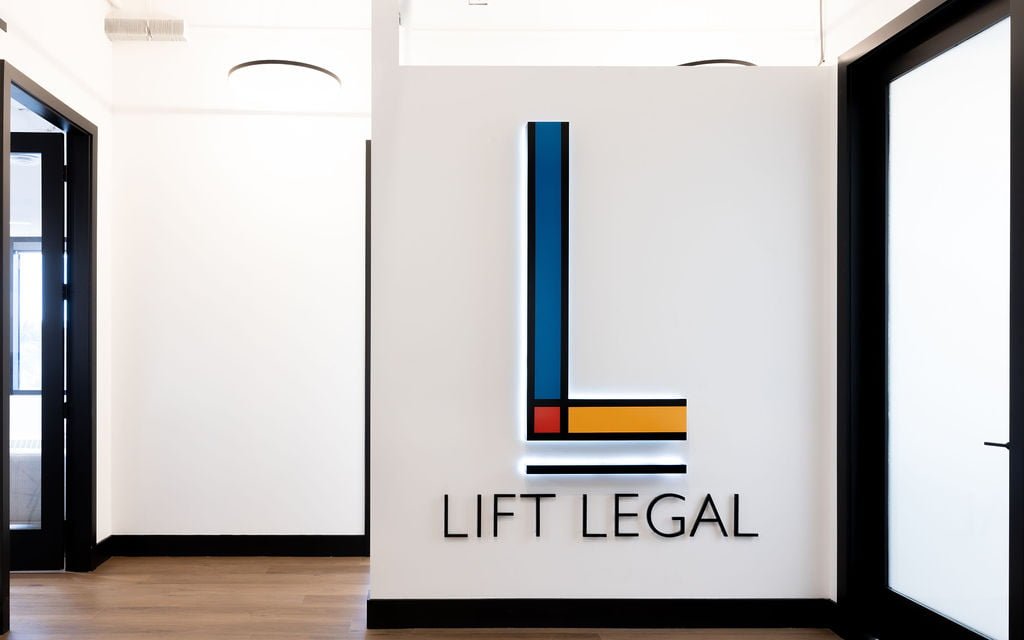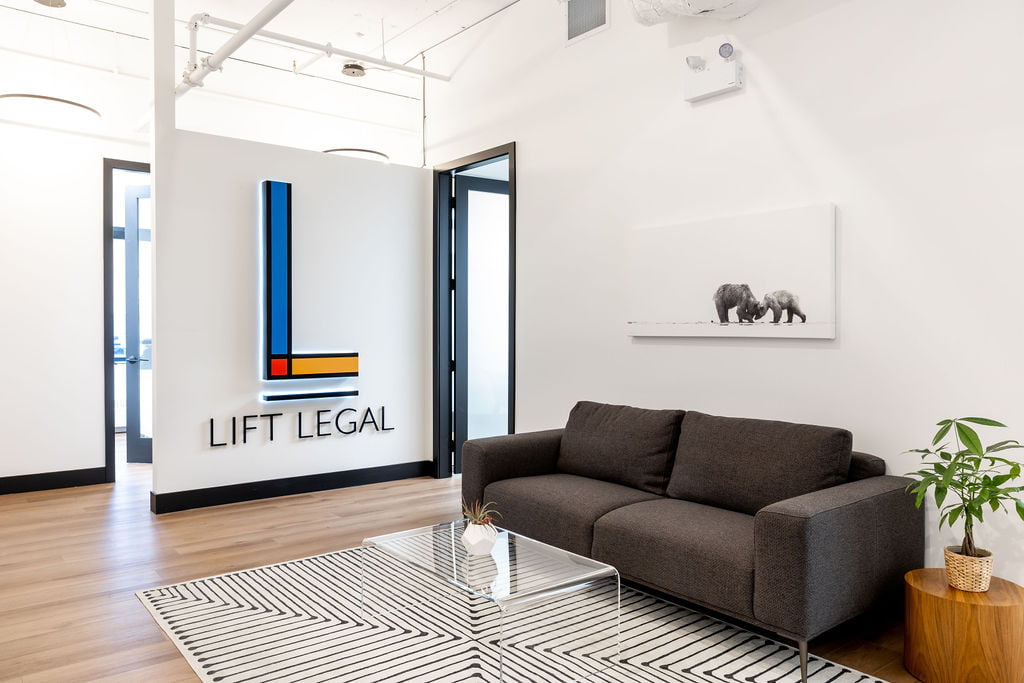When a couple’s relationship breaks down, parents still have an obligation to support their minor children. If you are not able to address child support by agreement, it may be left to a judge to apply a set of legal tests to decide if and how much child support should be paid. When making a child support order, a judge must weigh a number of factors. These include certain special expenses, as described in this article.
What is child support?
Child support refers to payments made by one parent or guardian to another. These payments provide financial support for the benefit of the child or children. Parents must pay a basic child support amount to cover children’s basic living expenses.
What are special expenses?
Special expenses are expenses incurred for a child that are apart from basic living expenses. Special expenses may include
- tutoring
- child care
- health care
- insurance premiums
- extracurricular activities
- post-secondary education
Such expenses, also called “extraordinary expenses” or “section 7 expenses,” are typically shared between parents, proportional to their income.
Example:
If Kelly earns $45,000 and Sam earns $90,000, Sam will pay 2/3 of the expenses, and Kelly will pay for 1/3 of the expense. If a two-week summer camp costs $600, Sam would pay $400, and Kelly would pay $200.
Asking the other parent to agree to a special expense ahead of time can help you avoid conflict. Be very clear and state the exact amount of the expense. Include proof of the cost, such as a quote or registration form on which the fee is clearly indicated.
If parents end up in court because they cannot agree on the expenses, the judge will consider whether the expense is
- in the best interests of the child
- reasonable, given the parents’ financial situation
Child support and family law can be complicated. Understanding the law, as well as your options, is an important first step. Consult with the Lift Legal team of family lawyers.
Disclaimer:
The information on this blog and website is provided by Lift Legal for educational purposes only. It is intended to give readers a general understanding of the law, not to provide specific legal advice. Information contained in these pages should not be used in place of competent legal advice from a licensed, practising lawyer in Alberta. Furthermore, by using this blog and website, you understand that no lawyer-client relationship exists between you and Lift Legal.













